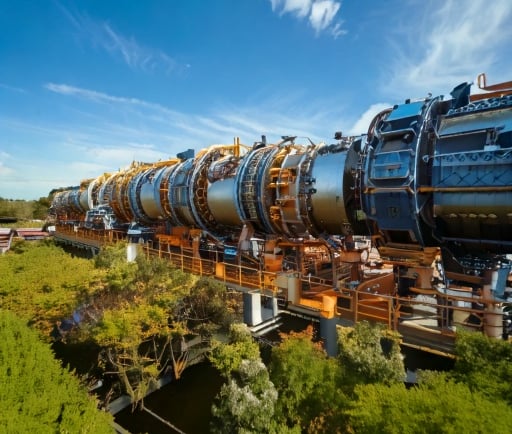The Large Hadron Collider and the Higgs Boson Particles


Introduction to the Large Hadron Collider
The Large Hadron Collider (LHC) is the world's most powerful particle accelerator, providing physicists with an unparalleled opportunity to explore the fundamental components of the universe. Located at CERN, the European Organization for Nuclear Research, near Geneva, Switzerland, this colossal machine accelerates protons and heavy ions at unprecedented speeds, enabling scientists to conduct groundbreaking experiments. The LHC has become a pivotal piece in our quest to understand not only the subatomic realm but also the very fabric of reality itself.
Understanding the Higgs Boson
Among its many achievements, the LHC is most notably recognized for the discovery of the Higgs boson, a particle that is critical to the Standard Model of particle physics. This elusive particle is often referred to as the ‘God particle’ due to its vital role in imparting mass to other particles. The Higgs boson was theorized in the 1960s but remained undetected until its discovery in 2012. This breakthrough at the LHC is heralded as one of the most significant achievements in contemporary physics, confirming decades of theoretical research and enhancing our comprehension of the universe's origins.
The Significance and Implications of the Discovery
The discovery of the Higgs boson has profound implications for the field of physics and our understanding of the universe. It validates the Higgs mechanism, which explains how particles acquire mass, further solidifying the framework of the Standard Model. Beyond its theoretical importance, the Higgs boson is often discussed in terms of cost. Dubbed the most expensive particle ever discovered, the research and technology surrounding its detection have exceeded billions of dollars. However, the implications extend beyond mere monetary value; they pave the way for future discoveries in particle physics, potentially leading to insights about dark matter, the early universe, and beyond.
In conclusion, the Large Hadron Collider continues to be an essential instrument in uncovering the mysteries of the universe, marking milestones in our understanding of subatomic particles. The discovery of the Higgs boson stands out as a testament to human ingenuity and the quest for knowledge, affirming our curiosity about the cosmos. As scientists continue to analyze data and conduct experiments, we can only anticipate what further monumental findings from the LHC will elucidate in the field of particle physics.
